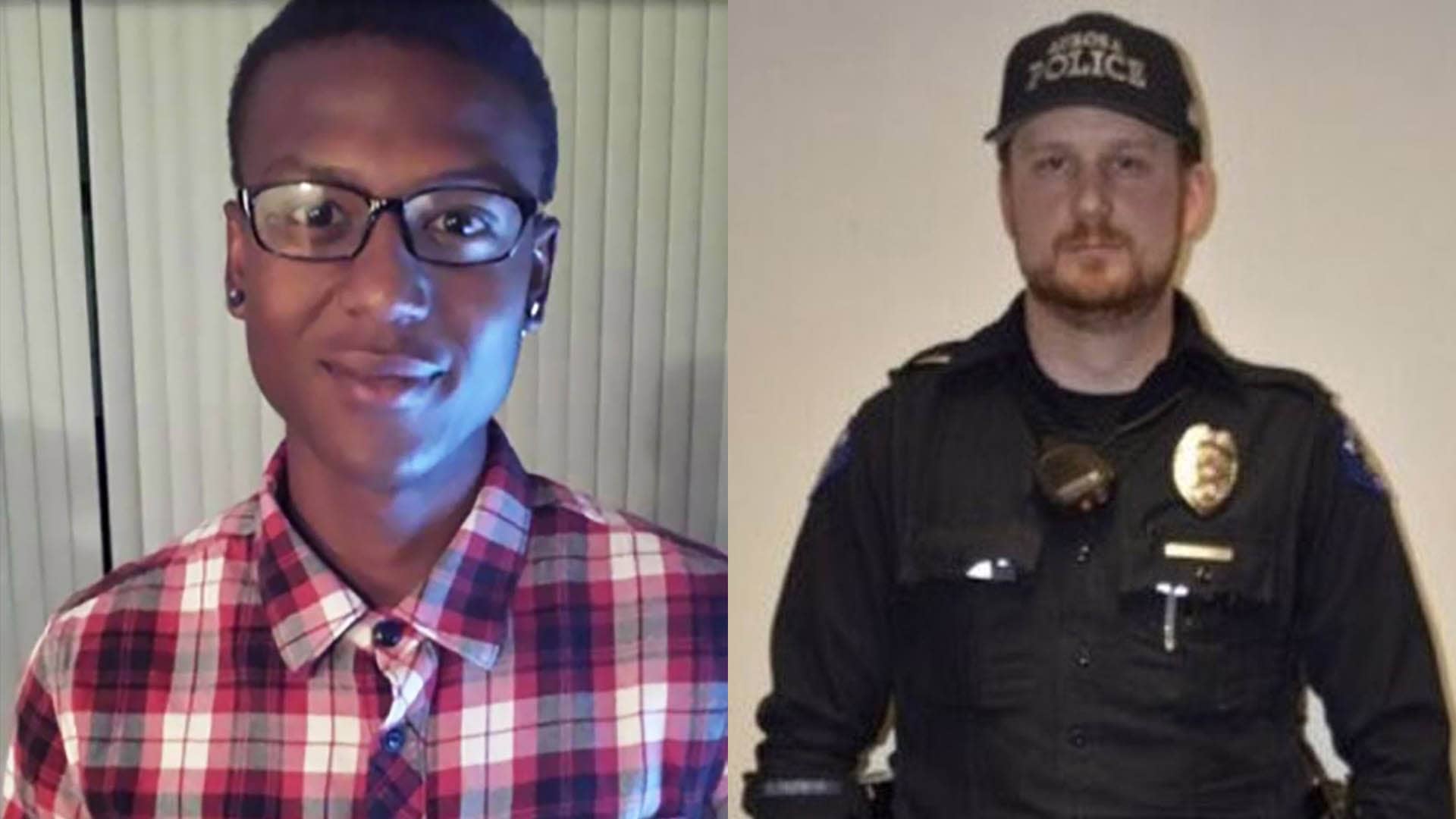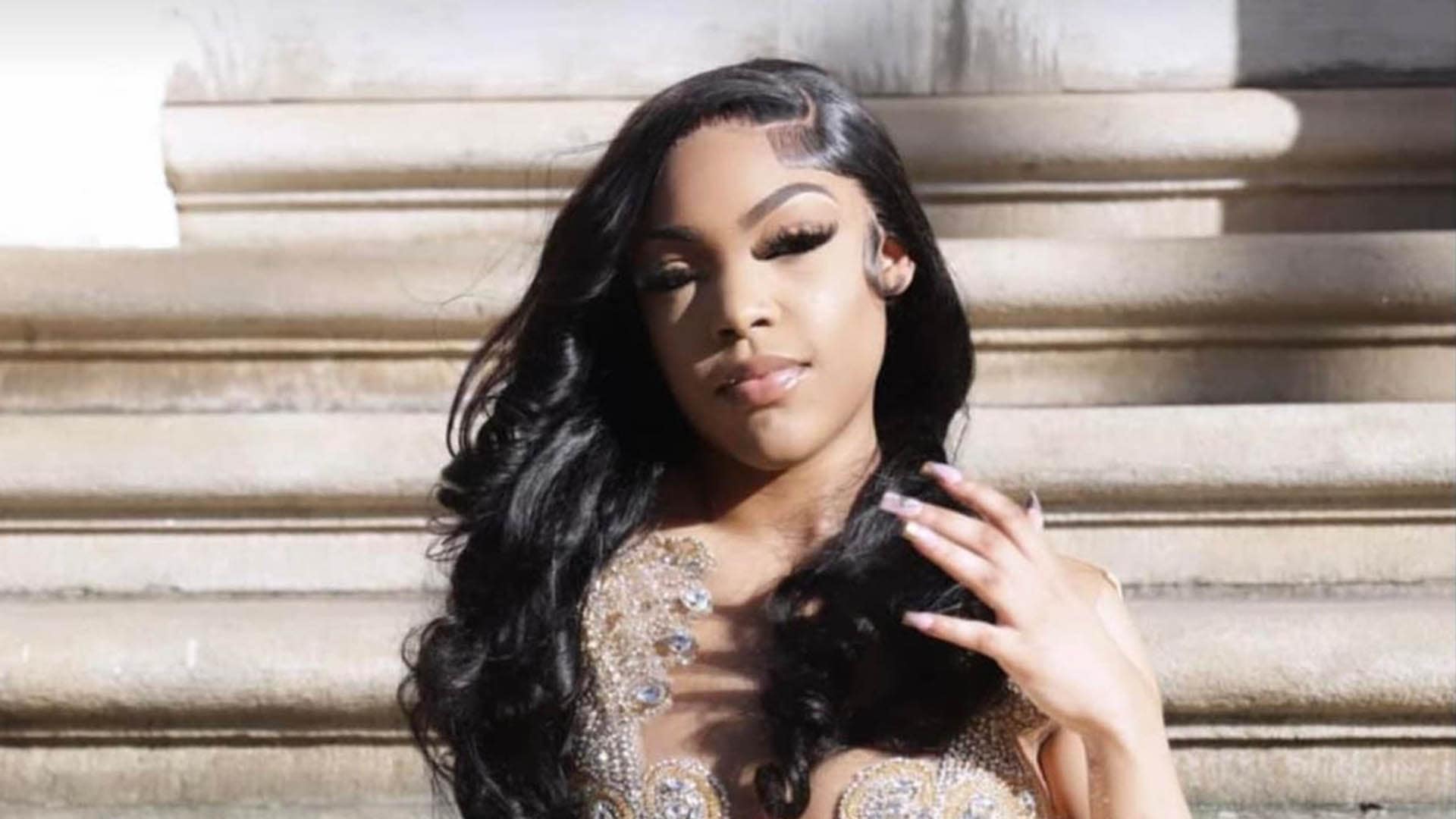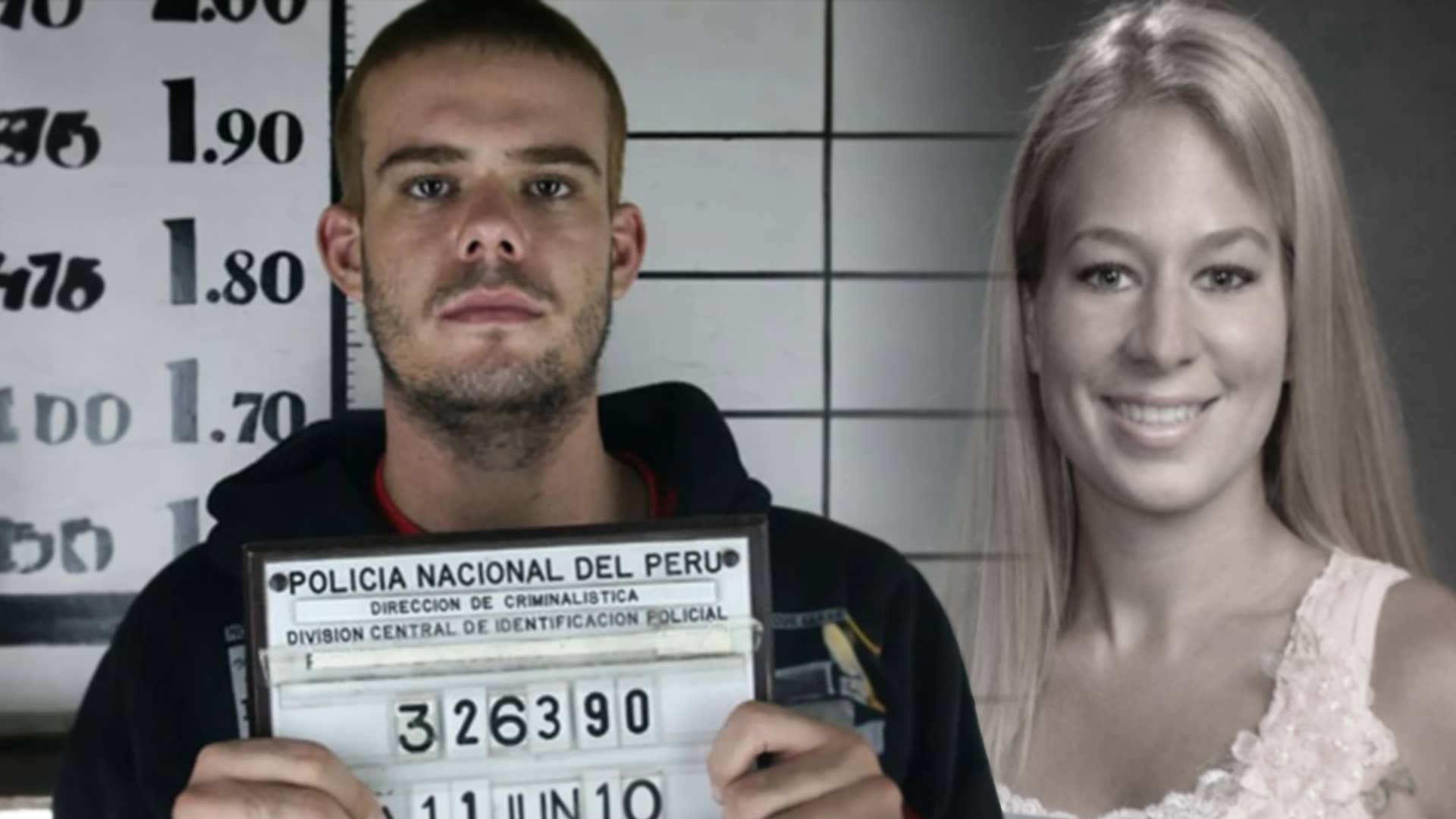Crime Watch
NBA Youngboy’s Dual Identity: The Baton Rouge Rapper’s Controversial Journey Unveiled
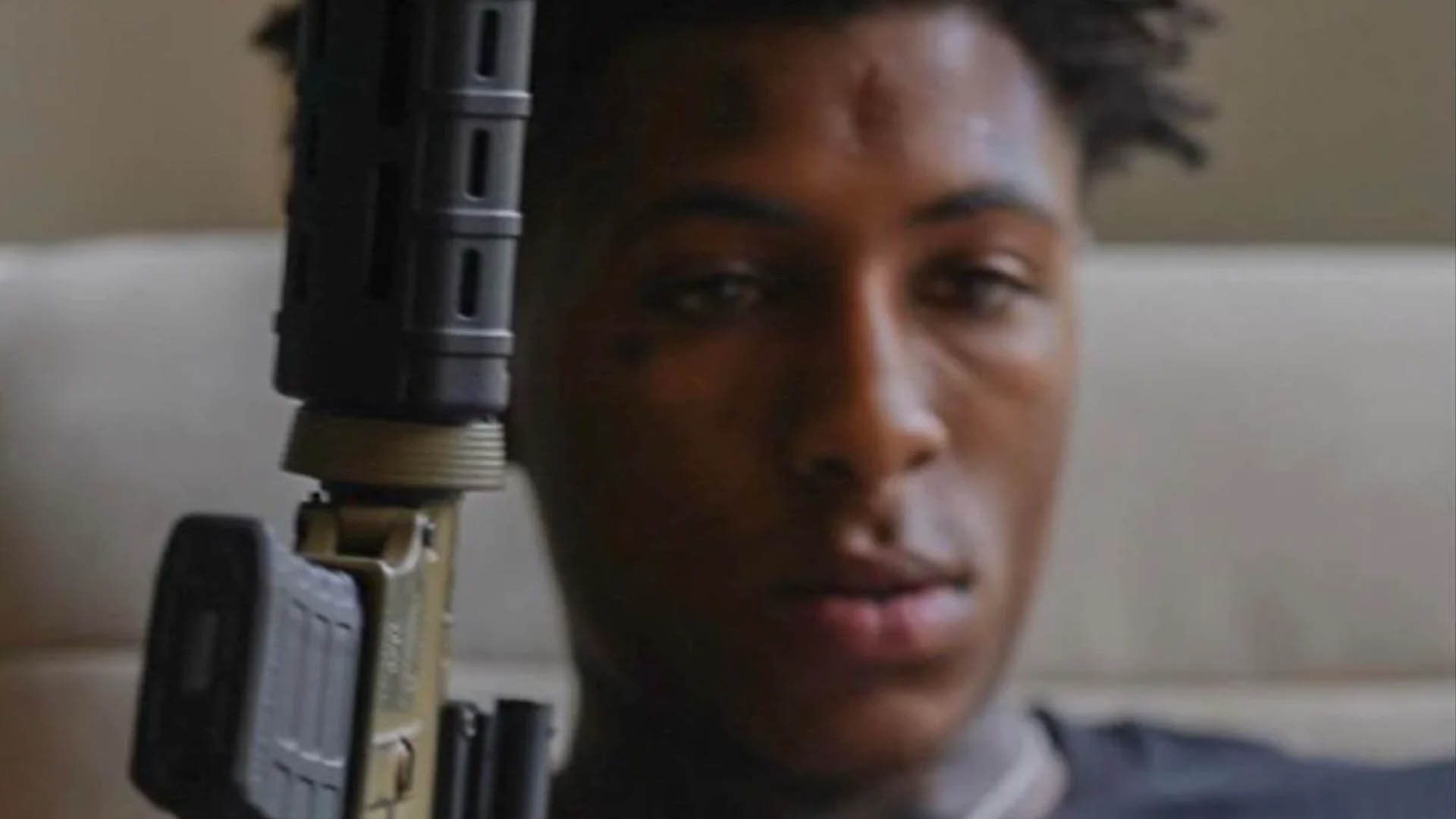
In the dynamic world of rap, few names have resonated as powerfully as Youngboy. Emerging from the vibrant streets of Baton Rouge, this artist has carved a niche for himself, becoming a beacon of both admiration and debate within the music community. Recently, the spotlight on him intensified with the release of a documentary by TrapLoreRoss. Titled “YoungBoy: Real Killer or Fake Gangster?”, this film delves deep into the enigma that is Youngboy, exploring the intricacies of his life, music, and the controversies that have followed him. As the rap community and fans worldwide dissect this documentary, its significance in shaping perceptions about Youngboy and the broader rap industry cannot be understated.
Historical Context of Baton Rouge
Nestled along the eastern bank of the Mississippi River, Baton Rouge stands as a testament to Louisiana's rich and diverse history. As the state's capital, Baton Rouge has witnessed pivotal moments, from its early days as a French colonial outpost to its role in the Civil War. But beyond its political and historical significance, the city has been a crucible for musical innovation.
Baton Rouge's musical tapestry is woven with threads of blues, jazz, and zydeco, each genre echoing the stories of generations past. Over the decades, this musical heritage has evolved, giving birth to a vibrant rap scene that mirrors the city's resilience and spirit. Influenced by the rhythms of its ancestors and the beats of contemporary genres, Baton Rouge has become a beacon for modern rap artists. Young talents, inspired by the city's legacy, are shaping the future of rap, ensuring that Baton Rouge's influence reverberates on the global stage.
Youngboy's Early Life
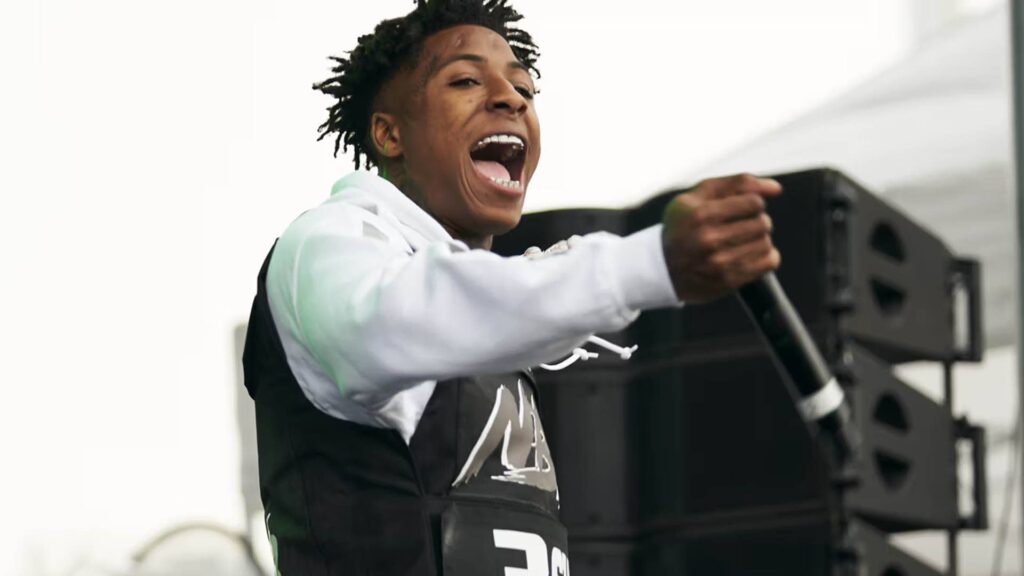
Born in the heart of Baton Rouge, Youngboy, also known as NBA Youngboy, grew up amidst the city's pulsating rhythms and complex socio-cultural tapestry. His childhood was far from idyllic. The rapper's family background was fraught with challenges that would shape his music and persona in the years to come.
One of the most defining moments of his early life was the incarceration of his father. This event left a young Youngboy grappling with the harsh realities of life, seeking solace and understanding in a world that often seemed unforgiving. Tragedy struck again when close family members met untimely deaths, further deepening the emotional reservoir from which he would later draw in his music.
Despite the adversities, or perhaps because of them, Youngboy found refuge in music. The streets of Baton Rouge, with their tales of struggle and survival, became both his muse and his classroom. Influenced by local legends and the raw, unfiltered stories of his community, Youngboy began his musical journey. His early tracks, infused with pain, passion, and authenticity, were a reflection of his experiences, laying the foundation for the influential artist he would become.
Rise to Fame
From the vibrant streets of Baton Rouge to the grand stages of the nation, Youngboy's ascent in the rap industry has been nothing short of meteoric. While his early days were marked by local gigs and grassroots performances, it was clear that his talent was destined for a larger audience.
One cannot discuss Youngboy's rise without mentioning key tracks and albums that became turning points in his career. Songs like “No Smoke” and “Outside Today” not only showcased his lyrical prowess but also resonated with fans across the country, earning him spots on coveted music charts. His album “Until Death Call My Name” further solidified his position as a force to be reckoned with in the rap industry.
But Youngboy's journey wasn't just about solo achievements. Collaborations played a pivotal role in expanding his musical horizons and reach. Teaming up with artists like Juice WRLD on “Bandit” and DaBaby on “Jump”, Youngboy showcased his versatility and ability to create magic with diverse talents. These collaborations not only introduced him to new fan bases but also enriched the rap landscape with unforgettable tracks.
Controversies and Criticisms
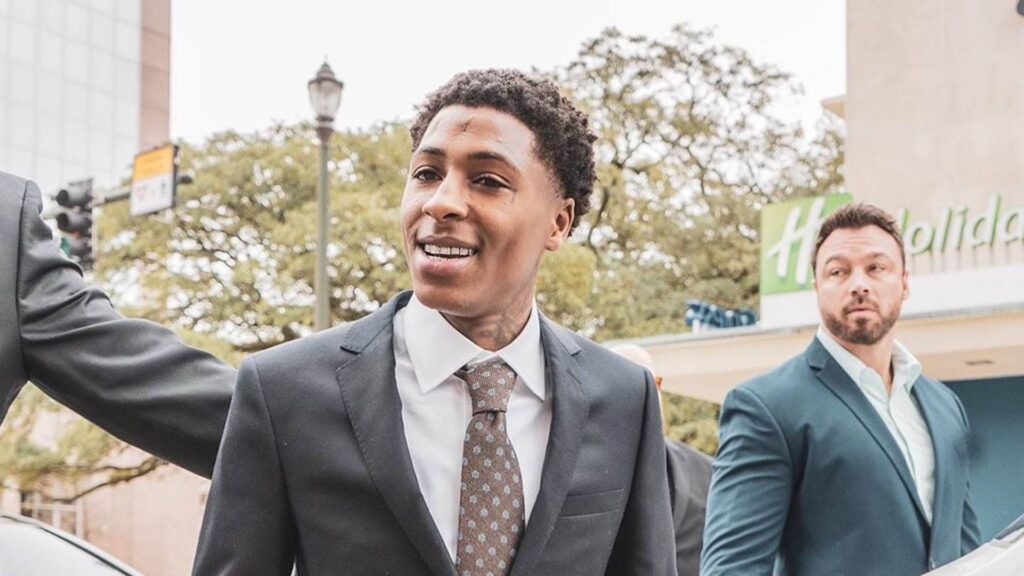
In the realm of rap, where raw emotion meets artistry, controversies are not uncommon. Youngboy, despite his immense talent and influence, has not been immune to this. His journey, while marked by musical milestones, has also been punctuated by moments of contention and criticism.
One of the most talked-about aspects of Youngboy's career has been his lyrics. Often raw and unfiltered, his tracks delve deep into themes of violence, street life, and personal struggles. While many fans see his lyrics as a reflection of his authentic experiences, critics argue that they might promote and glorify a life of crime and violence. The documentary by TrapLoreRoss, titled “YoungBoy: Real Killer or Fake Gangster?”, further explores this dichotomy, shedding light on the fine line between art and reality.
Public reactions to Youngboy's music have been varied. While he boasts a massive fan base that resonates with his narratives, there are also those who express concerns over the potential real-world implications of his tracks. This debate intensified with incidents allegedly linked to his music. Some argue that his songs might have indirectly influenced certain events, raising questions about the responsibility artists bear for the societal impact of their work.
It's evident that Youngboy's music, while inspiring many, has a darker side. References to violence, claims of responsibility for certain actions, and the portrayal of Baton Rouge's harsh realities have all been points of contention.
In the ever-evolving world of rap, where lyrics often mirror life, the debate around Youngboy's music underscores the broader conversation about the role of art in society and the responsibility artists hold.
The Documentary's Perspective
In a world where the lines between reality and artistry often blur, the documentary by TrapLoreRoss, titled “YoungBoy: Real Killer or Fake Gangster?”, offers a deep dive into the life and controversies surrounding Youngboy.
One of the standout takeaways from the documentary is its exploration of Youngboy's lyrics. The documentary delves into the rapper's frequent references to violence, his upbringing in Baton Rouge's slums, and the potential real-world implications of his tracks. The film also touches upon Youngboy's self-proclaimed title as the “murder man” and the incidents that have been linked to his music.
The documentary has garnered a myriad of reactions. While fans have lauded it for its in-depth analysis and unbiased portrayal, critics have pointed out its potential in further sensationalizing the controversies. The rap community, too, has been abuzz, with many discussing the broader implications of the documentary on the industry.
In response to the documentary, Youngboy and his team have been relatively reserved. However, in a recent interview, Youngboy mentioned, “Music is my truth, but it's also my art. Everything I say is a reflection of my past, not an endorsement for the future.” This statement underscores the complexity of his position, caught between authenticity and responsibility.
Youngboy's Evolution as an Artist
From the gritty streets of Baton Rouge to the limelight of the global rap stage, Youngboy's musical journey has been one of transformation and growth. As with many artists, his music has been a reflection of his personal experiences, challenges, and evolution.
Over the years, discerning fans and critics have noted a palpable shift in Youngboy's musical themes. While his earlier tracks were imbued with the raw energy of street life, violence, and personal struggles, his recent works showcase a more introspective and mature side. This evolution can be attributed to both personal growth and the changing landscape of the rap industry.
A pivotal moment in Youngboy's career came in 2022 when he made a significant announcement. As highlighted in the documentary by TrapLoreRoss, Youngboy expressed a desire to move away from the violent themes that dominated his earlier tracks. This decision was met with a myriad of reactions. While many applauded his maturity and the positive message, others questioned the authenticity of this shift.
The reception of Youngboy's newer music has been largely positive. Fans appreciate the depth, vulnerability, and nuanced storytelling that contrasts starkly with his earlier work. In a recent interview, reflecting on his evolution, Youngboy remarked, “Every song is a chapter of my life. As I grow, so does my music.”
Public and Industry Perception
In the ever-evolving world of rap, perception can be as influential as talent. Youngboy, with his meteoric rise and undeniable impact, has elicited a spectrum of reactions from fans, critics, and fellow artists alike.
Fans, the lifeblood of any artist's career, have largely rallied behind Youngboy. Drawn to his authenticity and the raw emotion in his tracks, many view him as a voice that resonates with their own experiences. The documentary by TrapLoreRoss further underscores this, highlighting the deep connection many fans feel with Youngboy's narrative.
However, critics often adopt a more analytical lens. While some laud him for his lyrical prowess and ability to capture the zeitgeist of Baton Rouge's streets, others express concerns. The controversies surrounding his music, especially the themes of violence, have been points of contention. The debate around Youngboy's influence is multifaceted, with critics dissecting both his music and its societal implications.
Fellow artists, too, have weighed in. Many in the rap industry respect Youngboy's talent and his contributions to the genre. Collaborations with other prominent artists further attest to his standing within the industry. However, as with any influential figure, comparisons are inevitable. Artists like Tupac Shakur and XXXTentacion, who also faced controversies and navigated the complexities of fame, are often brought into discussions, drawing parallels and contrasts with Youngboy's journey.
The broader implications of Youngboy's story on the rap industry are profound. His journey, marked by both acclaim and criticism, serves as a reflection of the challenges and opportunities within the genre. As rap continues to evolve, Youngboy's narrative will undoubtedly serve as a touchstone, highlighting the delicate balance between artistry, authenticity, and responsibility.
Conclusion
Youngboy's journey in the music world, from the streets of Baton Rouge to the global rap stage, offers a compelling narrative of talent, resilience, and controversy. His undeniable impact on the music industry is evident not just in chart-topping tracks and albums but also in the fervent discussions his music incites.
Drawing insights from the documentary by TrapLoreRoss, it's clear that Youngboy's influence extends beyond his music. He has become a symbol of the ongoing debate about the role of artists in society, especially in a genre as powerful and influential as rap. His lyrics, often a reflection of personal experiences and societal observations, have sparked discussions about the responsibilities artists bear and the impact of their work on listeners.








